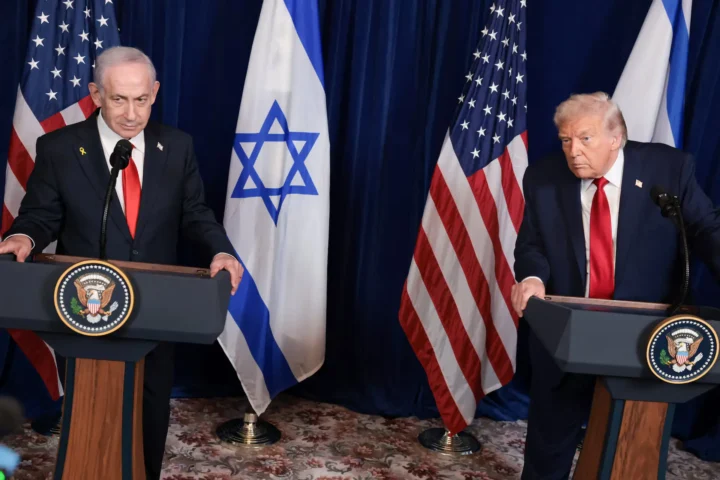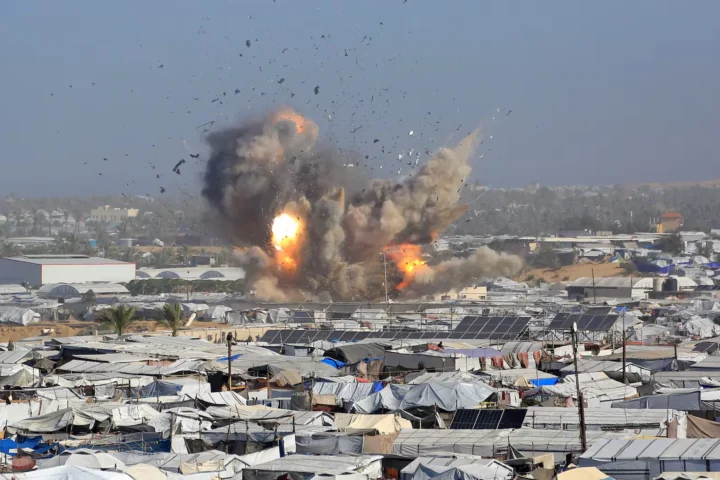Peter Navarro’s latest Financial Times piece lambasting India’s energy ties with Russia offers a classic case of selective outrage and misplaced priorities. The Trump administration’s recent escalation of tariffs and rhetoric targets India for allegedly “enriching the Russian war machine,” all the while ignoring both geopolitical nuance and inconvenient facts about global energy markets.
India’s Realpolitik: Managing National Interests in Turbulent Times
Since the onset of the Ukraine war, the global energy landscape shifted dramatically. Russian crude once flowed primarily to Europe, but post-sanctions, that supply was redirected to Asia, especially to India and China. For India, the decision to purchase discounted Russian oil was not about cozying up to Moscow but ensuring economic stability in the face of soaring global prices. Today, Russian oil accounts for roughly a third of India’s total crude imports, a dramatic but pragmatic pivot for the world’s third-largest oil consumer.
Indian oil executives have publicly stated: these purchases are based on economics, not ideology. Russian barrels routinely trade at discounts to international benchmarks, helping Indian refiners control domestic inflation, a major concern for a developing nation with hundreds of millions vulnerable to energy price volatility.
India’s Diplomatic Position: Consistent Calls for Peace
Navarro alleges that India is simply an opportunistic profiteer from Russia’s war economy. This claim wilfully ignores the repeated, consistent calls by the Indian Prime Minister Narendra Modi for an end to the Ukraine war, both directly to President Putin and in international forums. As recently as August 2025, he reiterated that “India has consistently called for a peaceful resolution of the Ukraine conflict and supports all efforts in this regard” in calls and joint statements following high-level meetings.
During his July 2024 visit to Moscow, the Indian PM made headlines with his candid expression of concern: “War cannot solve problems,” he told President Putin, going on to personally condemn the killing of children in Ukraine as “unbearable”. These are not the words or actions of a government seeking to prolong Russia’s war; they are the measured reminders of a global leader balancing national needs with principle.
The Double Standards of Western Critics
Put simply: it’s a bit rich for the U.S. or EU to single out India. The EU’s bilateral trade with Russia stood at €67.5 billion ($78 billion) in 2024, a figure far greater than India’s total trade volume with Moscow. Much of that is energy: the EU imported a record 16.5 million tonnes of Russian LNG in 2024, even as it sanctioned India’s refiners for similar purchases.
Meanwhile, the United States continues to import Russian uranium, palladium, fertilizers, and chemicals. Last year alone, the U.S. bought $3 billion worth of goods from Russia. Yet, sanctions and punitive tariffs are primarily reserved for India, despite the demonstrable necessity of Russian oil for India’s energy security.
As India’s Foreign Ministry rightly points out: “It is unjustified to single out India… The very nations criticising India are themselves indulging in trade with Russia.”
China: The Elephant in the Room
If isolated transactions with Russia are the true metric of guilt, then China should be the main target, not India. In June and July 2025, China remained the largest global buyer of Russian fossil fuels, accounting for up to 42% of Russia’s monthly export earnings, compared to India’s approximate 32% share. Chinese imports of Russian oil consistently outpace India’s volumes. In July 2025, China imported 32 million tonnes of Russian crude in the first seven months — 4 million tonnes more than the same period last year. India’s purchases, though substantial, remain second to China on a cumulative basis.
Despite this, U.S. pressure on China has been far more muted than its penalties aimed at India, exposing a clear inconsistency in Washington’s approach.
Energy Security and Geopolitical Realities
India’s strategic calculus cannot be divorced from its geography and development status. While Western capitals can absorb energy shocks with subsidy programs and diversified suppliers, India faces a stark dilemma: sustain affordable energy or risk derailing post-pandemic recovery and agricultural production.
As Indian policymakers have frequently underscored, alternative supplies are not so easily secured in the short term without triggering inflation spikes or supply disruptions. Russian oil has filled the crucial gap left by Middle Eastern and African suppliers rerouting to Europe. Indian refiners have adapted logistics and technology, leveraging the direct Chennai–Vladivostok corridor to reduce shipping costs, making Russian oil not only politically palatable but economically critical.
The Path Forward: Dialogue, Not Divisive Tariffs
As tariffs ratchet up, now at a record 50% on Indian exports to the United States, one of the highest rates imposed on any U.S. trading partner, India’s patience wears thin. The Indian Prime Minister Narendra Modi has promised to defend Indian farmers and key industries from the fallout of what his administration calls “unfair, unjustified, and unreasonable” Western policies.
Contrary to Navarro’s claims, India has not sided uncritically with Moscow. Its approach consistently emphasizes a return to dialogue and peaceful resolution, reflecting not only its own interests but an emerging voice in the Global South that seeks balance, not bloc-led confrontation.
If Washington truly wants to isolate the Kremlin, it must first reckon with the realities of the global energy market and address its own ongoing imports from Russia as well as Europe’s. To demand sacrifices from developing countries while quietly maintaining its own channels with Moscow is not only hypocritical, it’s counterproductive for international diplomacy.
India’s Russian oil purchases are not a simplistic matter of ethical abdication or profit-driven complicity. They reflect a careful balancing act: sustaining domestic growth, ensuring energy security, and consistently advocating for peace. To vilify India while turning a blind eye to the complicity of other major economies, including America itself, is not just unfair. It is emblematic of the kind of double standard that erodes trust and undermines the very unity it purports to defend. The path to peace will not be paved by divisive tariffs or one-sided op-eds, but by a recognition of shared vulnerabilities and a genuine commitment to diplomatic solutions.











